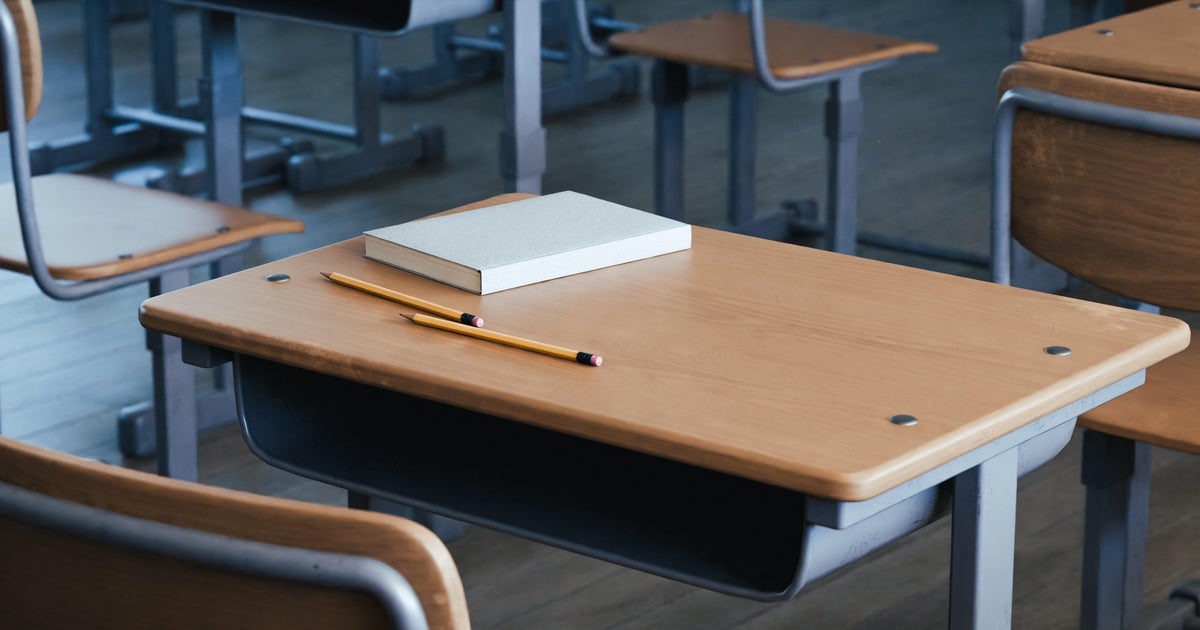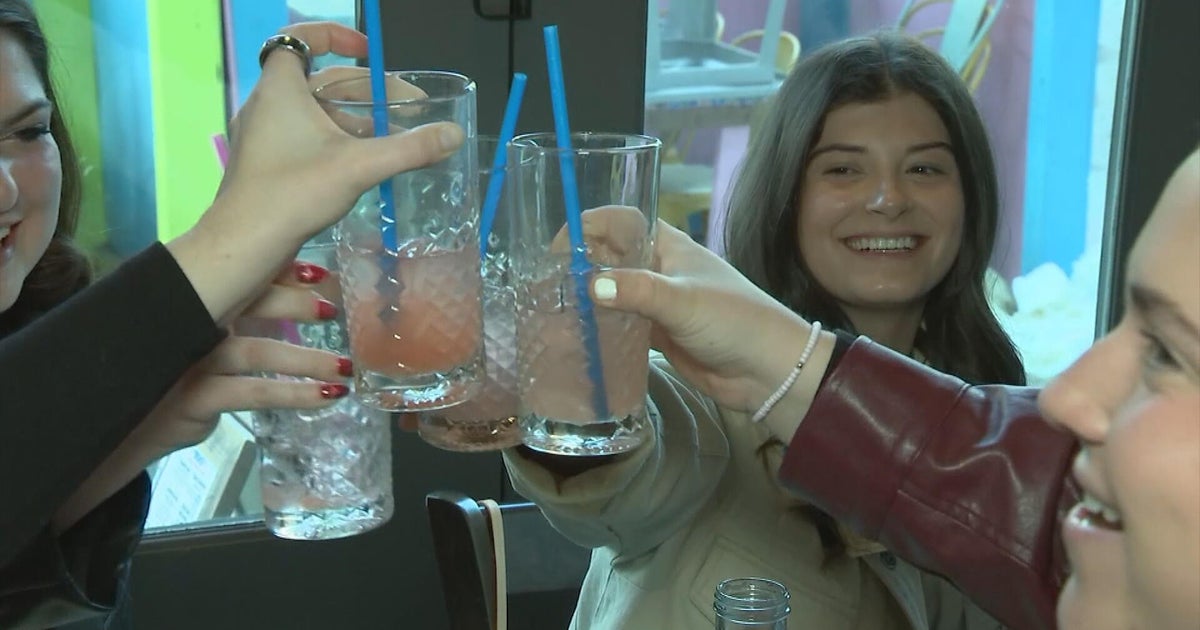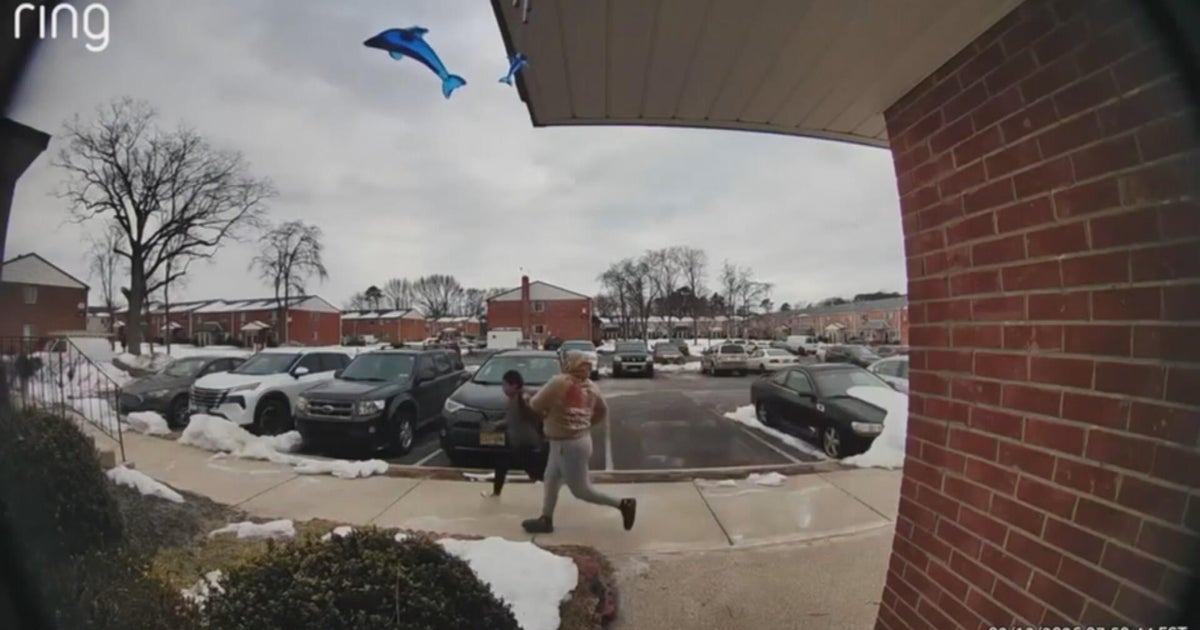Sleep Is Critical For Kids Before School
MINNEAPOLIS (WCCO) -- We hear a lot about the importance of getting enough sleep, but for school children, it's even more critical.
Research has shown that kids who suffer from sleep deprivation tend to struggle in class. Doctors say that lack of enough sleep makes it more difficult for students to concentrate and control their behavior.
Dr. Michel Cramer-Bornemann, a sleep expert at the Regional Sleep Disorders Center at Hennepin County Medical Center, said new research shows sleep deprivation in children lessens the effectiveness of vaccines they've received. And it's also connected to unhealthy weight gain.
"We see a broad spectrum of negative consequences in children with sleep deprivation. There is mood disability," said Cramer-Bornemann. "We certainly don't want to see our kids return to the terrible twos, we feel like we have graduated from that. You see mood instability and in some cases hyperactivity."
You may be surprised by just how much sleep is recommended for children. It is 11 to 13 hours for preschoolers who are between 3 and 5 years old.
School-age kids between 5 and 10 years old should be getting 10 to 11 hours of sleep each night.
Teenagers need between 8 and a half and 9 and one-quarter hours of sleep.
During the summer months, kids tend to stay up later and wake up later, but now that schools are re-opening, it's important to get back on a sleep schedule.
Cramer-Bornemann says the most effective way of transitioning your child back to a better routine is to put him or her to bed 15 minutes earlier each night, beginning a week or two before classes resume.
Make sure the bedroom is dark, cool and quiet. Take away electronic devices out of the bedroom at night. That means cell phones, iPads and portable gaming devices. That way they won't keep texting and playing after you send them to bed.
Avoid caffeinated drinks at least 6 to 8 hours before bedtime. For most families, that would include dinnertime.
Also, the American Academy of Pediatrics is putting out new guidelines when it comes to children and sleep disorders. They're recommending all children who snore regularly get tested for obstructive sleep apnea syndrome.
Sleep apnea can lead to behavior problems and developmental delays if left untreated.







